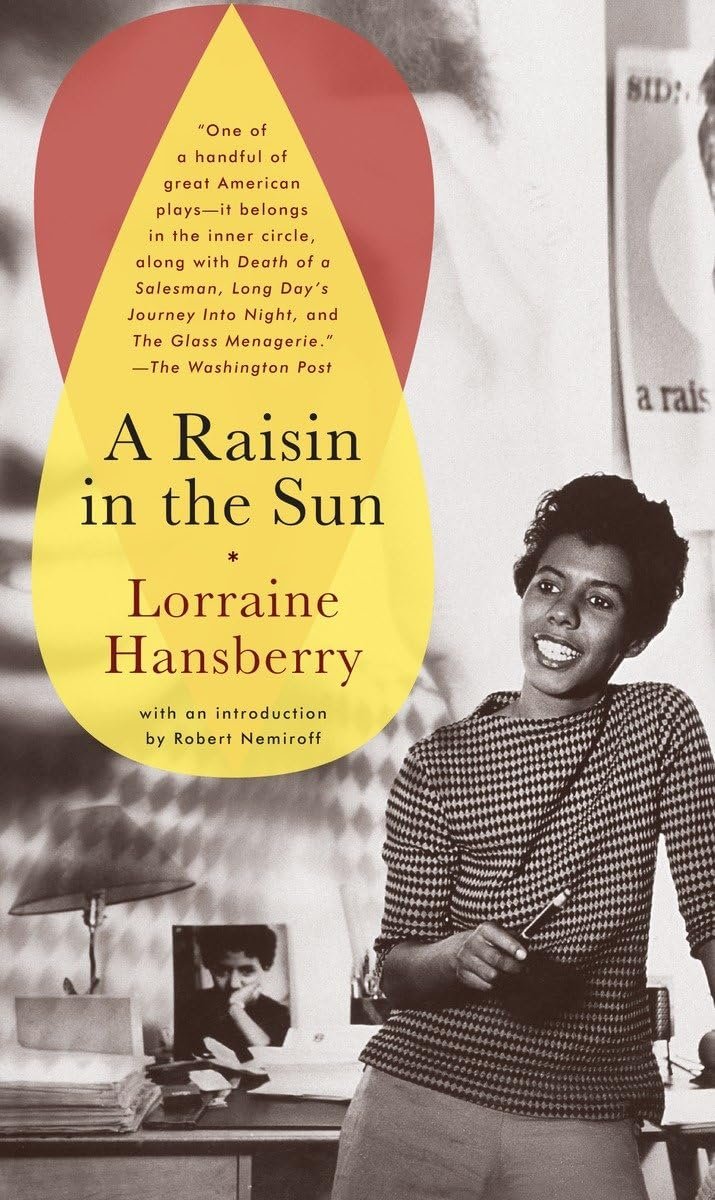A Raisin in the Sun: A Heartfelt Journey into Dreams and Sacrifices
When I first picked up A Raisin in the Sun by Lorraine Hansberry, I was immediately captivated not just by its reputation as a landmark piece in American theater, but also by the resilience it promised to unveil through a single family’s struggles. Having read snippets in various discussions about race, identity, and family dynamics, I was eager to finally delve into this poignant narrative that boldly reflects the African American experience. It was an invitation I couldn’t resist, a chance to explore not only the past but also the echoes of its themes in our present.
The Youngers—a family that embodies both hope and disillusionment—draw us into their cramped Chicago apartment, where every inch is filled with aspirations and tensions. Walter Lee Younger, the frustrated patriarch, dreams of wealth and respect, which clashes with the fierce pride of his mother, Lena (Mama), whose unwavering hope for a better life radiates throughout the story. Beneatha, Walter’s sister, adds another layer with her quest for identity and purpose, further amplifying the themes of ambition and the search for self. What struck me profoundly was not just their individual dreams, but also how these intertwined and clashed, creating a rich tapestry of familial love, conflict, and the yearning for a brighter future.
Hansberry’s writing is incredibly impactful; she crafts dialogues that feel both personal and universal. The combination of stifling hopes and dreams deferred resonates deeply, underlined by the haunting question from Langston Hughes’s poem: “What happens to a dream deferred?” The characters’ conflicts often mirror the larger societal struggles of race and class, making their stories relevant even today. One standout moment for me was when the Youngers refuse Karl Lindner’s offer to buy them out of their new home. It wasn’t just about property; it was a powerful assertion of dignity and identity, an act of defiance that echoed long after the words were spoken.
What lingers with me are the profound themes of sacrifice, family legacy, and the weight of societal expectations. As I read, I found myself reflecting more on my own aspirations and the burdens that sometimes weigh heavy. The way Hansberry interweaves humor amidst the struggles spoke volumes to me. It reminded me that even in the face of adversity, laughter can be a form of resilience.
For anyone who appreciates classic literature, A Raisin in the Sun is not just a play; it’s a mirror held up to society—a call for understanding and reflection. Whether you’re a high school student encountering it for the first time or an adult revisiting it with newfound perspectives, it’s a work that transcends time and continues to spark necessary conversations. I walked away from this experience not just with a deeper understanding of the characters but with a renewed sense of commitment to dream boldly, even when the odds feel stacked against us.
If you’re looking for a story that beautifully marries personal struggles with historical echoes, this is the perfect read. Lorraine Hansberry’s masterful exploration of the human experience leaves an indelible mark, resonating deeply long after the final curtain falls.







